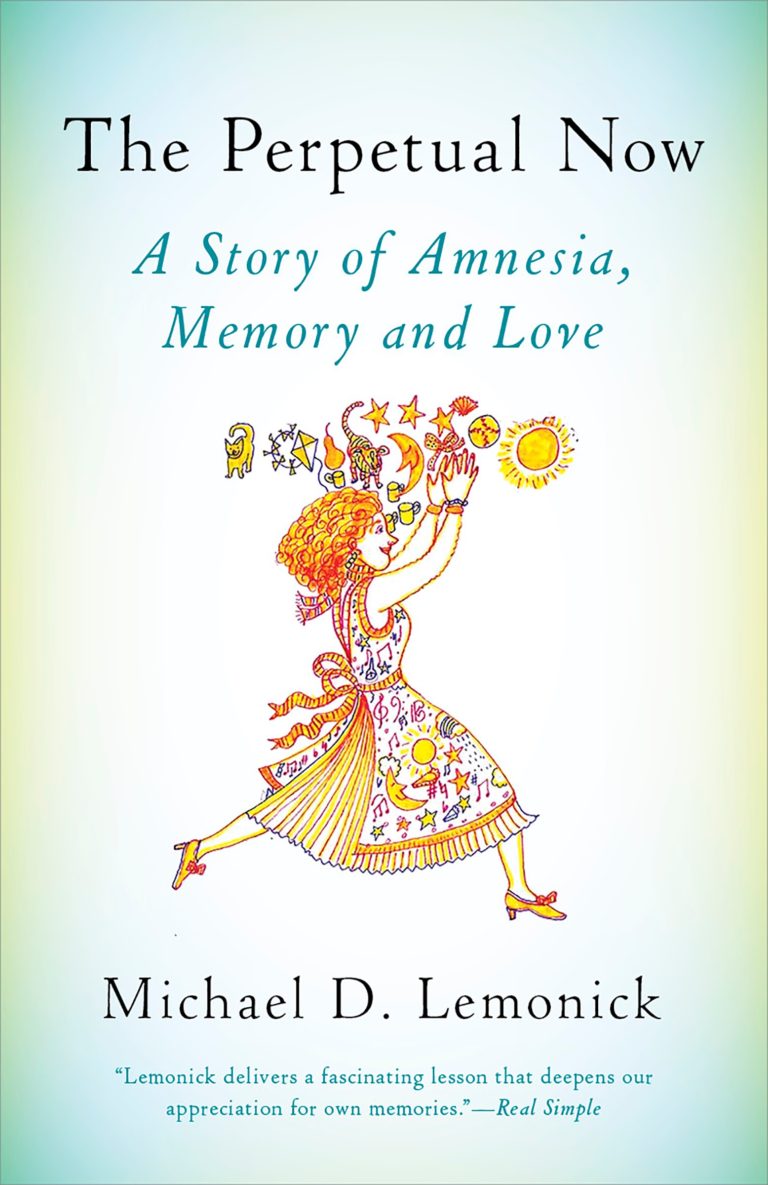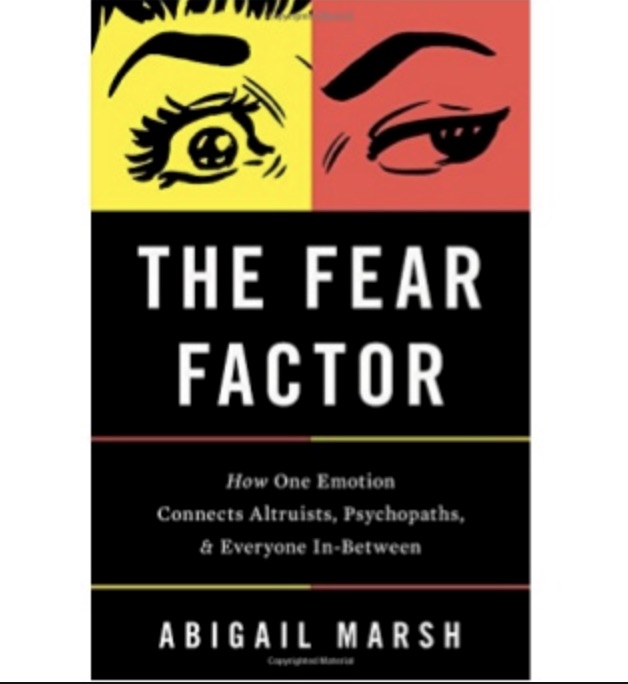Tags
ADHD adolescence attention autism book review boundary conditions classroom advice conference speakers constructivism/direct instruction creativity desirable difficulty development dual coding elementary school embodied cognition emotion evolution executive function exercise experts and novices gender high school homework intelligence long-term memory math methodology middle school mindfulness Mindset motivation neuromyths neuroscience online learning parents psychology reading retrieval practice self-control skepticism sleep STEM stress technology working memoryRecent Comments
- What is cognitive break? – Focuskeeper Glossary on Can Quiet Cognitive Breaks Help You Learn?
- Schools shift toward a new approach to homework – Spartan Shield on “Students Simply Cannot Improve”: Handwritten Notes vs. Laptop Notes
- Weekly Round-Up: 4 October 2024 | Class Teaching on Piece-by-Piece PowerPoint: Exploring the “Dynamic Drawing Principle”
- How Walking In Nature Can Boost Your Mood And Creativity - Goaskuncle.com on Too Good to Be True? “Even Short Nature Walks Improve...
- Replication Studies: Validating Previous Findings in 2024-2025 - Editverse on Messy Science: How to Prepare Students for the Real World...
ABOUT THE BLOG
Monthly Archives: October 2018
The Limits of Retrieval Practice: A Helpful Case Study
Here on the blog, I write A LOT about the benefits of “retrieval practice.” (For…

Life Without Memory: Your Hippocampus and You
Who are you without your memory? In neurobiological lingo: who are you without your hippocampus?…
Environmental Consequences of Ed Tech
Neil Selwin argues, dramatically, that “EdTech is Killing Us All.” His point is not that…

Can Quiet Cognitive Breaks Help You Learn?
A 10-minute cognitive break improves our memory for story details. If this research pans out, it might be immensely helpful in the classroom. Watch this space… Continue reading

T/F: Timed Tests Cause Math Anxiety?
Questions about math and anxiety have been on the uptick recently. Over at Filling the…

How to Stop Cheating: An Awkward Debate
Despite promising early research, current findings suggest that “moral reminders” don’t prevent cheating. Alas: the “replication crisis” continues… Continue reading

The Fear Factor: How One Emotion Connects Altruists, Psychopaths, and...
Abigail Marsh’s 2017 book , reviews research by her and others showing that extraordinary altruists…
Posted in Book Reviews
Leave a comment

Using and Misusing Averages: The Benefits of Music?
The “10 Minute Rule” tells us that people can’t pay attention to something for longer…

Live Theater Boosts Student Knowledge and Tolerance
Question: What’s the most potentially misleading kind of research? Answer: Research that supports a position…

Teenagers, Hormones, and Other Stubborn Myths
There’s a short video about adolescence making the rounds on social media. The video offers…
